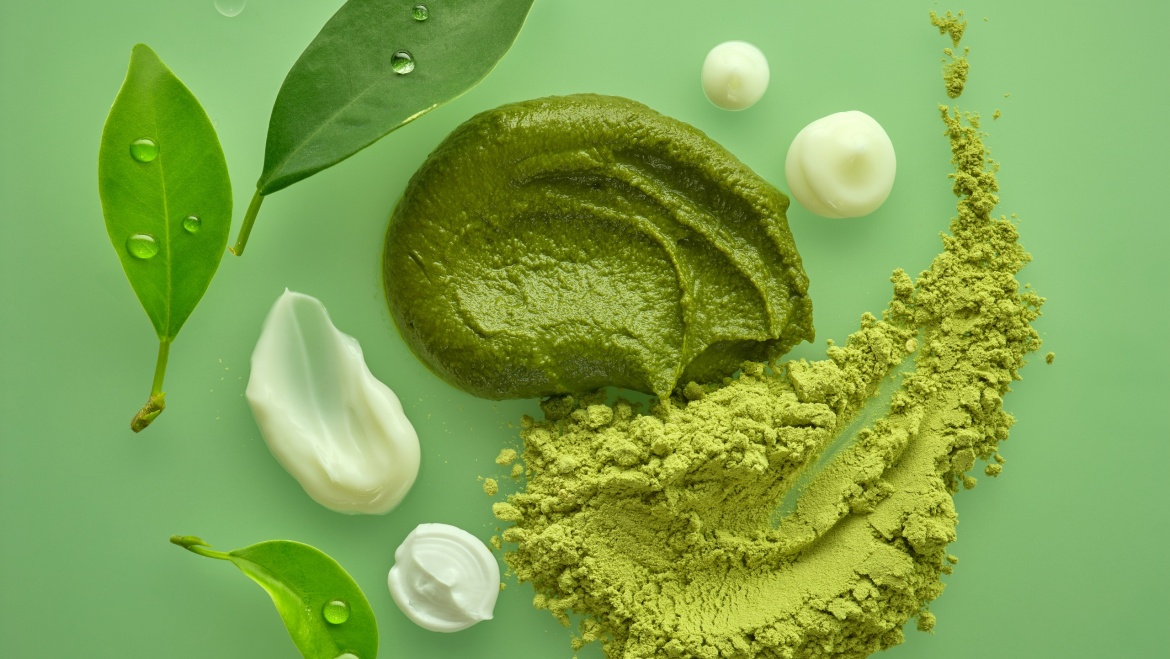Is there anything worse than getting out of the shower on a muggy, hot day, and slapping on some lotion that just won’t sink in? If you know what we are talking about, you know it’s terrible.
Serums are lightweight, concentrated liquids designed to help correct skin concerns, such as an uneven skin tone or texture. They’re typically water-based and often contain lightweight moisturizing ingredients, like hyaluronic acid. Their watery or gel-like texture and fluid consistency allow serums to penetrate the skin quickly and easily. As such, they’re generally applied after cleansing and toning onto clean, dry skin.
With body serum, it doesn’t have to be this way. They do essentially the same job as lotion, but they come in light formulas that don’t suffocate the skin. I especially love to apply them before bed, so that they can do their work uninterrupted for 8 hours while a fan whispers a cool breeze over my furnace of a body.
Body serums are a comfortable solution to rough or dry patches of skin, sun recovery, overwashing hands. They’re similar to facial serums in that they can either hydrate the skin (with ingredients like hyaluroniuc acid) or resurface healthy cells and dissolving dead surface cells (with ingredients like salicylic acid or lactic acid, akin to exfoliating face serums).
All brands create their own unique formula, but generally body serums are somewhere between face serums and body lotions, on the viscosity and absorbancy spectrum. The often include other ingredients like lightweight oils and emollients that give it more volume and a more “lather-like” application, since there is so much more surface area to cover. They’re lightweight enough to make them suitable summertime hydrators for everything except your face.
The biggest difference between a serum and a cream or lotion is what the formulation doesn’t include. Serums leave out occlusive, or airtight, moisturizing ingredients such as petrolatum or mineral oil that keep water from evaporating. They also contain fewer lubricating and thickening agents, like nut or seed oils. Most serums are water-based, eliminating oils altogether.
Serum Costs, Serum Benefits
Because active ingredients are more expensive than thickeners, serums are also the costliest product in many skin care lines. But when applied properly, a 1-ounce container of serum should last months. Many brands come in pump bottles or have medicine-dropper applicators to dispense just the tiny amount you need.
Those few concentrated drops are super-efficient. Serums are made of very small molecules, so the skin absorbs them quickly and deeply. The thicker, heavier ingredients in creams form a barrier on your skin. That’s great for locking moisture in. But it can also lock active ingredients out. Without these hindrances, the active ingredients in a serum penetrate your skin faster and more effectively.
Which Goes First: Oil or Serum?
First things first: You can use face oil and serum together—it’s not an either/or type of situation. As a rule of thumb, we typically recommend applying products in order from lightest to heaviest. For oils and serums, that usually means applying serums (which are often water-based) first. After the serum absorbs into your skin, you can apply facial oil, and then moisturizer and sunscreen.
If you want to use both a serum and facial oil, but not simultaneously, try breaking it up. Designate one formula for your morning routine and the other for your nighttime routine. If you’re doing this, we’d recommend reaching for the serum for daytime, since it’s typically lighter in texture and won’t weigh down your skin. Then, apply a richer oil at night to hydrate and nourish your skin.
How To Choose Between Face Oil and Serum
While you can layer oil and serum, it’s not necessary. Ultimately, which formulas you use—and when—depends largely on your personal preferences, skin type, and goals. That said, there are some skin concerns for which oils may be more beneficial, and vice versa. Read on to discover which formulas we recommend for your skin type and how to use them for healthier-looking skin.





Add Comment